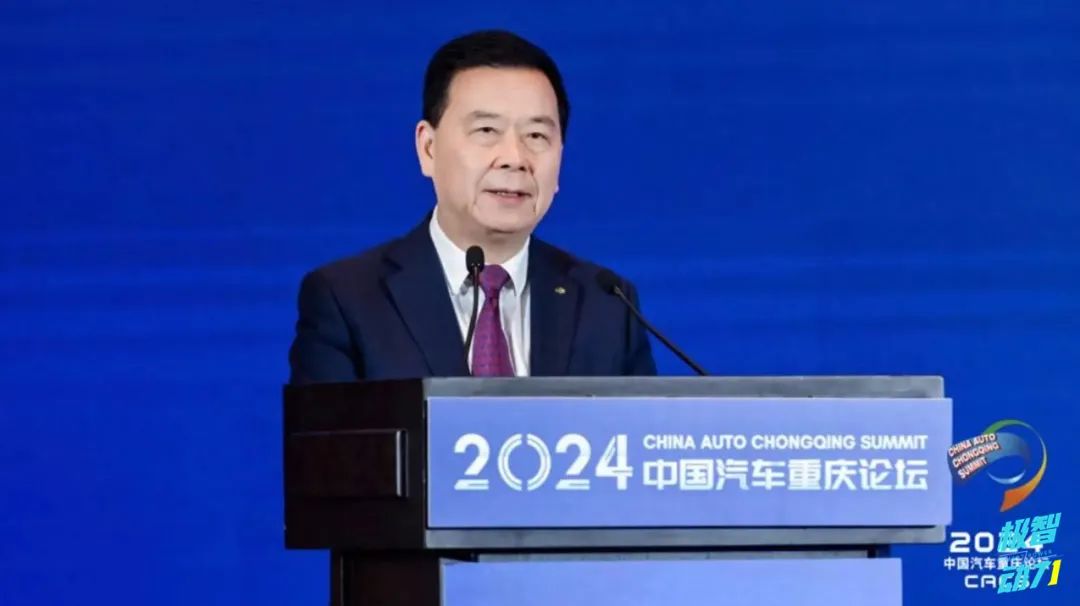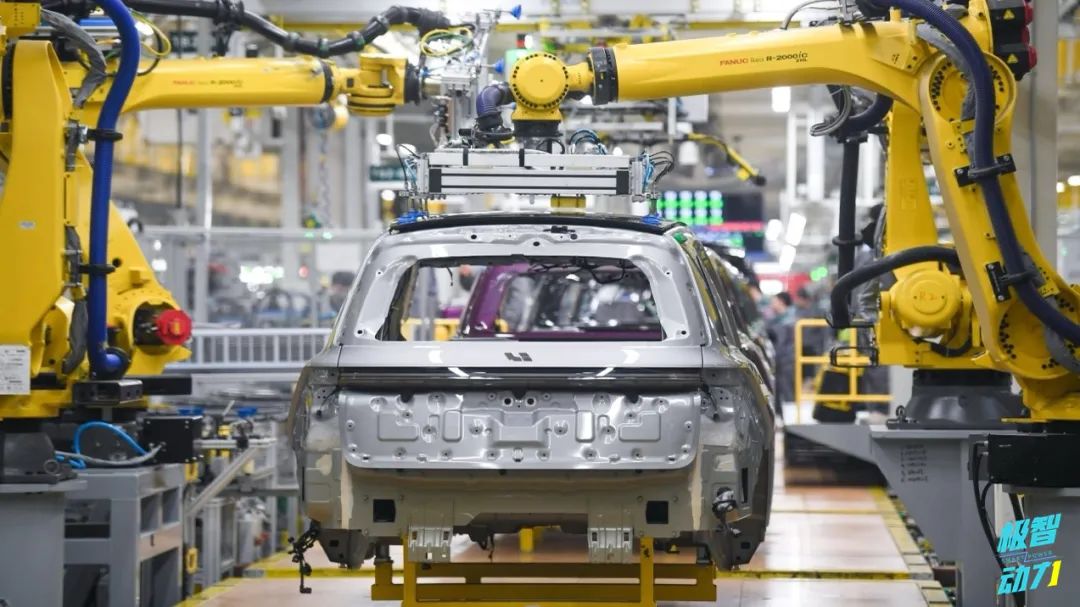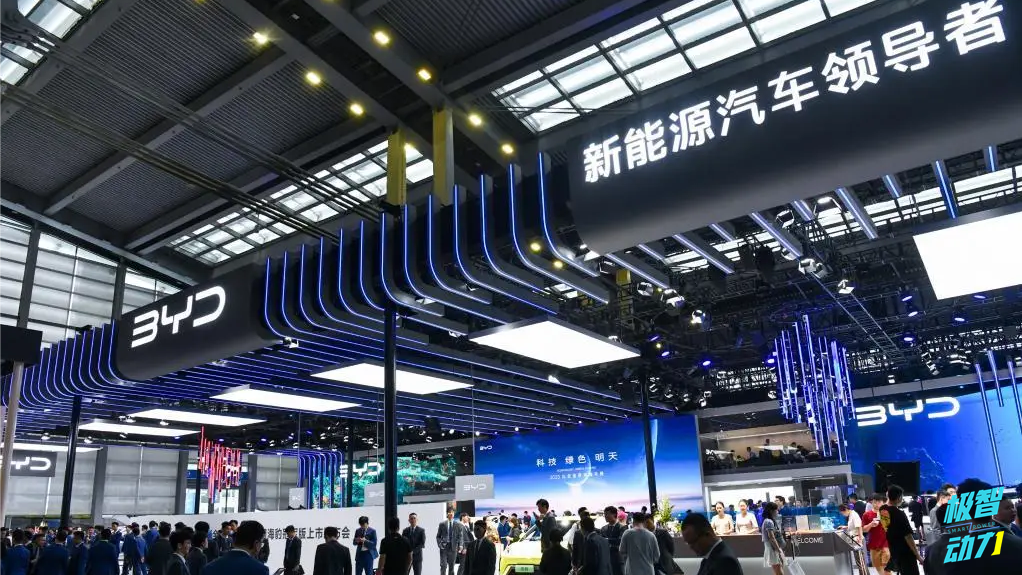Rational Discussion: Should Traditional Fuel Vehicles and New Energy Vehicles Have Equal Rights?
![]() 06/24 2024
06/24 2024
![]() 540
540
At the "2024 China Automobile Chongqing Forum" held not long ago, Zeng Qinghong, the chairman of GAC Motor, publicly stated, "When the proportion of pure electric vehicles in new energy vehicles reaches 50%, I suggest that relevant departments study the issue of equal rights for traditional fuel vehicles and new energy vehicles." This statement immediately sparked heated discussions among netizens.
”

As the topic gained momentum, Cui Dongshu, the secretary-general of the National Passenger Car Market Information Joint Conference, also expressed his opinion. He said, "With the rapid development of the penetration rate of new energy vehicles in China, which has now reached around 50%, society needs to consider establishing a reasonable competitive environment for equal rights between traditional fuel vehicles and new energy vehicles."
So, why is the topic of "equal rights for traditional fuel vehicles and new energy vehicles" so intriguing?
And what does "equal rights" actually refer to?
Literally, "equal rights" means that traditional fuel vehicles and new energy vehicles enjoy the same rights in various aspects such as "purchasing" and "using" vehicles. However, in the past, to promote the development of the new energy vehicle industry, the country has made "distinctions" in these rights. For example, new energy vehicles can enjoy more subsidies and discounts when purchasing.
Since 2014, the country has implemented a policy of exempting new energy vehicles from vehicle purchase tax. Based on the current 10% tax rate, a rough estimate suggests that when purchasing a new energy vehicle with a price of 200,000 yuan, the owner will enjoy a tax reduction of 20,000 yuan. Of course, in the upstream of the industry, the country has also provided large policy subsidies to related enterprises.
In the stage of using vehicles, the gap between traditional fuel vehicles and new energy vehicles is even wider. The most typical example is that passenger cars with traditional fuel use blue license plates, while new energy vehicles use green license plates. In some large cities, green-plated vehicles enjoy the privilege of "unlimited travel." Additionally, new energy vehicles can directly apply for license plates without quota restrictions, and some places also offer exemptions from road maintenance fees, fuel taxes, and other policies.

Regarding this policy, some supporters believe that it is conducive to promoting the rapid development of new industries. From the current results, it has indeed achieved its effect. For the automotive industry, China has only taken a decade to support new energy vehicles to a world-class level, which has also driven the development of the entire automotive industry. The rise of domestic brands has broken the monopoly of joint ventures and foreign brands in the market, and consumers no longer have to endure the suffering of "high prices and low configurations" of joint venture vehicles. The country's related industries have also been upgraded.
However, some opponents believe that the privileges of new energy vehicles have affected many people's travel experience. After all, even in 2024, the vast majority of people will still be driving traditional fuel vehicles rather than new energy vehicles. Policies like "limited license plates" and "restricted travel" in large cities have also caused great inconvenience to many people. Moreover, everyone pays the same amount of money and taxes when purchasing and using vehicles. This "unfair" policy naturally arouses people's criticism.

From the perspective of enterprises, not all automakers want to invest heavily in "new energy." For those companies with slower transformation, a smooth transition through traditional fuel vehicles is what they desire. Policies that overly favor "new energy" are obviously disadvantageous to them. Therefore, some people believe that since the new energy vehicle industry has already developed, the rights belonging to "traditional fuel vehicles" should be gradually restored to them.







